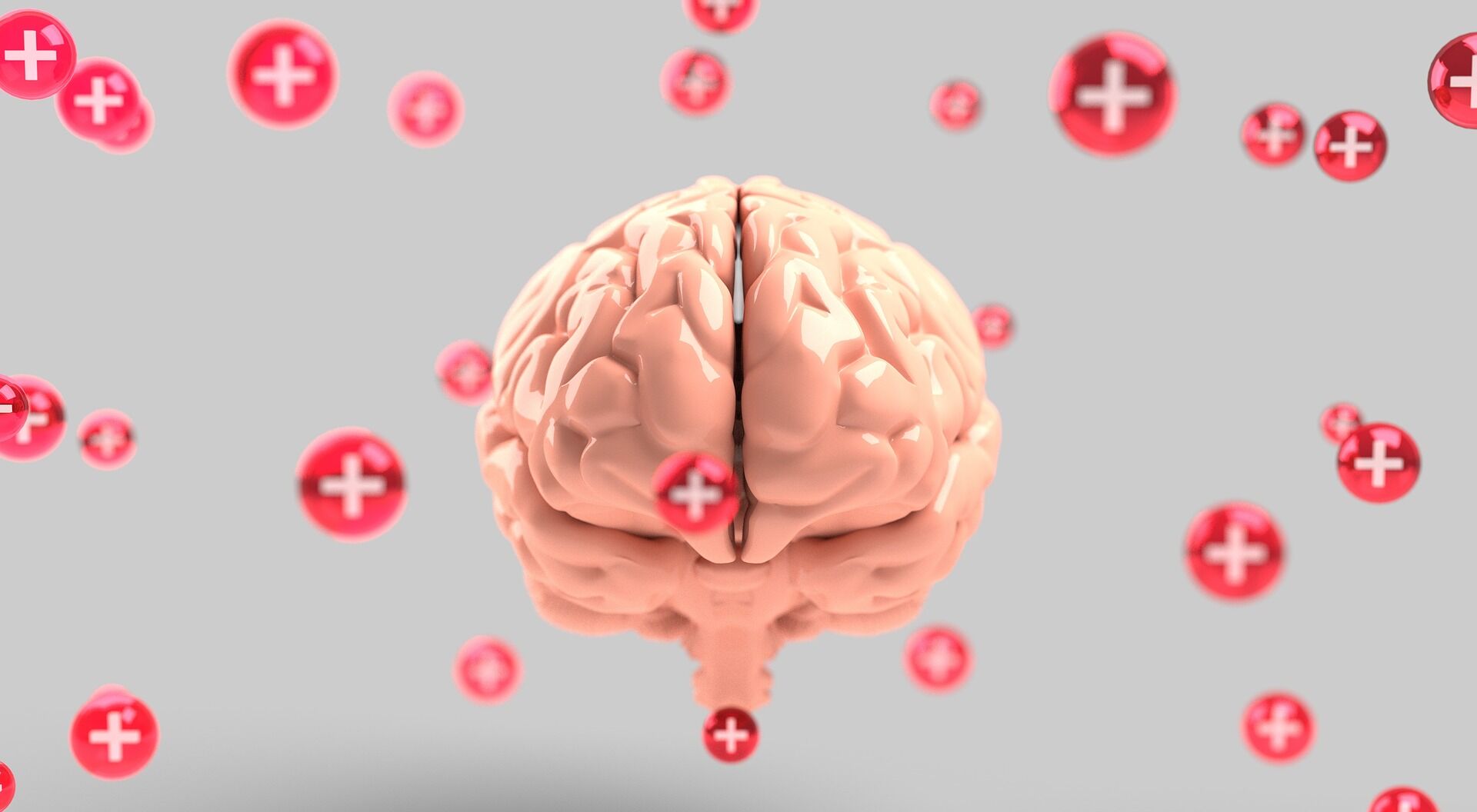Shifting paradigm
The discourse around mental health has crossed many milestones; now is the time for all-round participation by people to normalise newer trends

We have come a long way. Once upon a time, if your mental health suffered, you would have been considered odd, and maybe even deemed 'insane'. Many were chained in asylums. Philippe Pinnel, the father of modern psychiatry, unchained mental patients; the rest is history.
Neuropsychiatry
Historically speaking, neuropsychiatry was a single discipline. It concerned the study and care of brain disease. Later on, neurology and psychiatry were birthed as separate disciplines. Even now, there is a strong overlap and correlation between the two.
Psychotherapy
In an informal way, psychotherapy is said to have been practiced through the ages as reassurance and counsel from others. Sigmund Freud was the pioneer of psychoanalysis, called the 'talking cure'. Later, Alfred Adler and Jung also made tweaks to this concept. Currently, mainstream therapies are CBT (cognitive behavioural therapy), REBT (rational emotive behavioural therapy), and DBT (dialectical behavioural therapy).
Medication
In the 1950s, the first psychiatric drug ever used was chlorpromazine. The drug was revolutionary and a milestone in treatment therapy, as it helped calm patients with unruly behaviour, sleep issues, anxiety, agitation, and confusion, without physically tying them up. Interestingly, this same medication can be used for severe nausea, resistant hiccups, and even as a pre-anaesthetic agent. Currently, there are a plethora of medications, with fewer side effects, to choose from.
Major milestones in psychiatry
Humanising homosexuality
Homosexuality was considered a disease as per the DSM (Diagnostic Statistical manual) and ICD (International classification of diseases) manuals up until 1973.
A major milestone has been the acceptance of homosexuality as normal, and dismissing it as a pathological concern.
Criminalising conversion therapy
A barbaric, torturous pseudoscientific practice of attempting to change a person's sexual orientation, gender identity or expression to fit into the normative heterosexual and cisgender norm — deeply condemned by all mental health advocates — is no longer practised and is punishable.
More enabling than disabling terms
Neurodivergence: The terms like 'special' or 'disabled' for conditions like autism, ADHD, dyslexia, learning disorders etc., have been replaced with more acceptable and enabling terms like neurodivergence. While 'neurodivergent' is a nonmedical term, it is used to describe people whose brain develops or works differently for some reason, focusing on the fact that their strengths are different from more neurotypical brains.
Intellectual disability: Similarly, the former term mental retardation is now identified as intellectual disability (ID).
NIBS: Noninvasive brain stimulation techniques that go beyond medication and surgeries are being developed with evidence-backed science. To name a few, modified ECT (electroconvulsive therapy), rTMS (repetitive transcranial magnetic stimulation) and tDCS (transcranial direct current stimulation) are being explored.
Psychedelics in the field of psychotherapy: Newer advancements like the use of psychedelic drugs to help aid the mental health conditions like PTSD, resistant depression etc. are being studied around the world. Psychedelic therapy (sometimes referred to as psychedelic-assisted psychotherapy, or PAP) involves ingesting drugs like LSD, ayahuasca, and psilocybin as part of a psychotherapeutic process, under the observation of a practitioner.
Famous people talking about mental health
Many mainstream celebrities are talking openly about their own mental health struggles. Prince Harry and Prince Charles have founded various charities around mental health awareness in the UK. Swimmer Michael Phelps actively talks about his struggles with mental health. Closer home, Deepika Padukone runs the Live Love Laugh foundation.
Social media
A whole new dynamic around mental health is being explored with the usage of social media. Social media is both a boon and bane for mental health
India and its changing mental health scenario: The Lancet Psychiatry research in 2017 stated that 14.3 per cent of Indians have some form of mental illness. Currently, India has 0.75 psychiatrists per 1,00,000 population, while the desirable number is anything above three psychiatrists per 1,00,000.
Decriminalising suicide
An attempt to suicide is no longer considered a crime, and is not punishable. Instead, help is offered.
Mental health budget
In this year's Budget, India's finance minister Nirmala Sitharaman mentioned that this year 0.8 per cent of the total health budget went towards mental health (USD 88 million). This is the need of the hour in the aftermath of the pandemic.
Indians and mental health
The changing narrative can be seen with more demand and acceptance of therapy.
Movies, documentaries, web series are being created to raise more awareness.
What can you do?
You, too, can contribute to changing the narrative around mental health. Spread facts, not myths. Don't be shy or hesitate to ask for help. Enable conversations openly and reduce the stigma.
Send your questions to [email protected]



